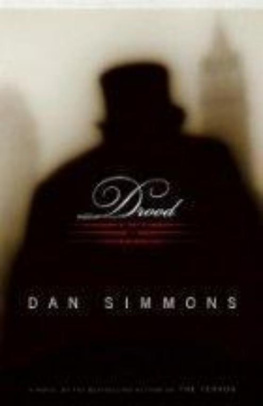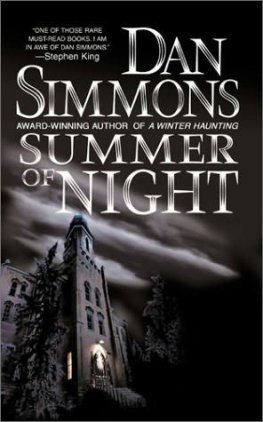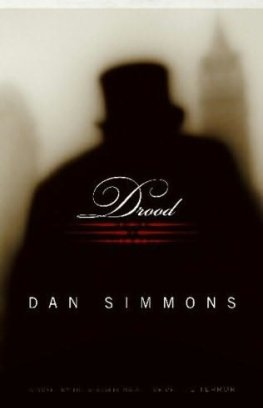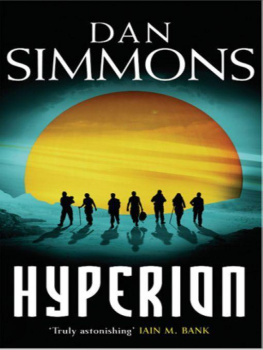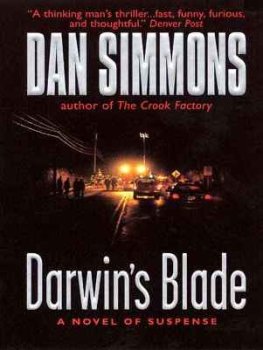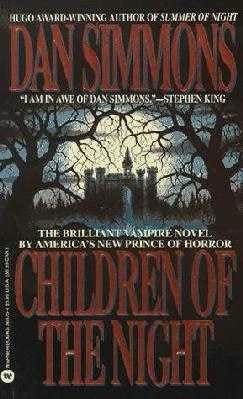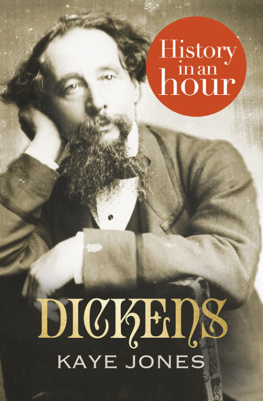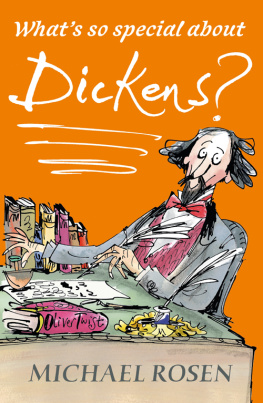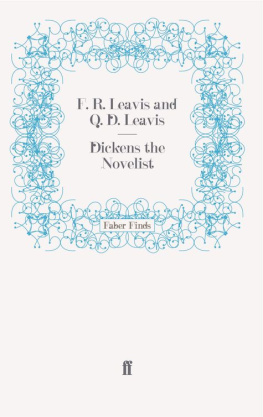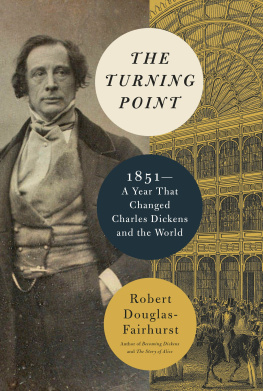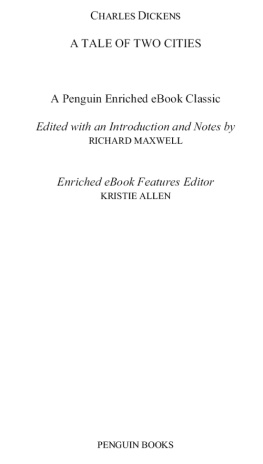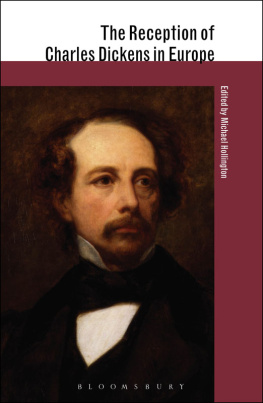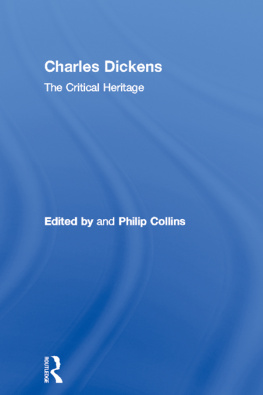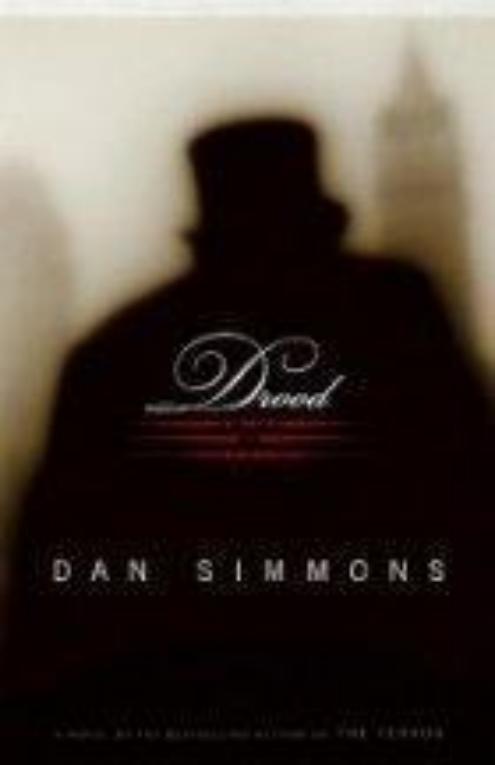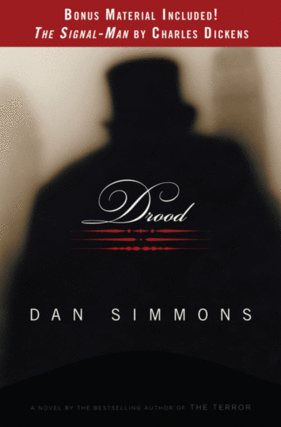
Copyright 2009 by Dan Simmons
All rights reserved. Except as permitted under the U.S. Copyright Act of 1976, no part of this publication may be reproduced, distributed, or transmitted in any form or by any means, or stored in a database or retrieval system, without the prior written permission of the publisher.
Little, Brown and Company
Hachette Book Group
237 Park Avenue, New York, NY 10017
Visit our Web site at www.HachetteBookGroup.com [http://www.HachetteBookGroup.com]
www.twitter.com/littlebrown [http://www.twitter.com/littlebrown]
First eBook Edition: February 2009
Little, Brown and Company is a division of Hachette Book Group, Inc.
The Little, Brown name and logo are trademarks of Hachette Book Group, Inc.
ISBN: 978-0-316-04068-6
Contents
also by DAN SIMMONS
Song of Kali
Phases of Gravity
Carrion Comfort
Hyperion
The Fall of Hyperion
Prayers to Broken Stones
Summer of Night
The Hollow Man
Children of the Night
Summer Sketches
Lovedeath
Fires of Eden
Endymion
The Rise of Endymion
The Crook Factory
Darwins Blade
A Winter Haunting
Hardcase
Hard Freeze
Worlds Enough & Time
Ilium
Hard as Nails
Olympos
The Terror
What brought good Wilkies genius nigh perdition?
Some demon whispered Wilkie! Have a mission.
A. C. Swinburne
Fortnightly Review, Nov., 1889
M y name is Wilkie Collins, and my guess, since I plan to delay the publication of this document for at least a century and a quarter beyond the date of my demise, is that you do not recognise my name. Some say that I am a gambling man and those that say so are correct, so my wager with you, Dear Reader, would be that you have neither read nor heard of any of my books or plays. Perhaps you British or American peoples a hundred and twenty-five or so years in my future do not speak English at all. Perhaps you dress like Hottentots, live in gas-lighted caves, travel around in balloons, and communicate by telegraphed thoughts unhindered by any spoken or written language.Even so, I would wager my current fortune, such as it is, and all future royalties from my plays and novels, such as they may be, on the fact that you
do remember the name and books and plays and invented characters of my friend and former collaborator, a certain Charles Dickens.So this true story shall be about my friend (or at least about the man who was once my friend) Charles Dickens and about the Staplehurst accident that took away his peace of mind, his health, and, some might whisper, his sanity. This true story will be about Charles Dickenss final five years and about his growing obsession during that time with a manif man he wasnamed Drood, as well as with murder, death, corpses, crypts, mesmerism, opium, ghosts, and the streets and alleys of that black-biled lower bowel of London that the writer always called my Babylon or the Great Oven. In this manuscript (which, as I have explainedfor legal reasons as well as for reasons of honourI intend to seal away from all eyes for more than one hundred years after his death and my own), I shall answer the question which perhaps no one else alive in our time knew to askDid the famous and loveable and honourable Charles Dickens plot to murder an innocent person and dissolve away his flesh in a pit of caustic lime and secretly inter what was left of him, mere bones and a skull, in the crypt of an ancient cathedral that was an important part of Dickenss own childhood? And did Dickens then scheme to scatter the poor victims spectacles, rings, stickpins, shirt studs, and pocket watch in the River Thames? And if so, or even if Dickens only
dreamed he did these things, what part did a very real phantom named Drood have in the onset of such madness? THE DATE OF DICKENSS DISASTER was 9 June, 1865. The locomotive carrying his success, peace of mind, sanity, manuscript, and mistress wasquite literallyheading for a breach in the rails and a terrible fall.I do not know if you Dear Readers living so many years hence still record or remember history (perhaps you have renounced Herodotus and Thucydides and dwell perpetually in the Year Zero), but if any sense of history remains in your time, you must know well the important events of the year we called Anno Domini 1865. Some events, such as the end of the fraternal conflagration in the United States, were considered of some drama and considerable interest by many in England, although not by Charles Dickens. Despite his great interest in Americahaving travelled there already and written books about it, not altogether flattering books one must add, and after having struggled so fiercely to receive some recompense for the piracy of his works in that copyright-flaunting chaos of former coloniesDickens had little interest in a war between some distant North and more-distant South. But in 1865, the year of his Staplehurst disaster, Charles Dickens had reason to be very satisfied indeed with his own personal history.He was the most popular novelist in England, perhaps in the world. Many people in England and America considered my friend to beoutside of Shakespeare and perhaps Chaucer and Keatsthe greatest writer who had ever lived.Of course, I knew this to be nonsense, but popularity, as they say (or as I have said), breeds more popularity. I had seen Charles Dickens stuck in a rural, doorless privy with his trousers down around his ankles, bleating like a lost sheep for some paper to wipe his arse, and you will have to forgive me if that image remains more true to me than the greatest writer who ever lived.But on this June day in 1865, Dickens had many reasons to be smug.Seven years earlier, the writer had separated from his wife, Catherine, who obviously had offended him in their twenty-two years of marriage by uncomplainingly bearing him ten children and suffering several miscarriages, all the while generally putting up with his every complaint and catering to his every whim. This endeared his wife to him to the point that in 1857, during a walking trip we were taking in the countryside during which we had sampled several bottles of local wine, Dickens chose to describe his beloved Catherine to me as Very dear to me, Wilkie, very dear. But, on the whole, more bovine than entrancing, more ponderous than feminine an alchemists dull brew of vague-mindedness, constant incompetence, shuffling sluggishness, and self-indulgent idleness, a thick gruel stirred only by the paddle of her frequent self-pity.I doubt if my friend remembered telling me this, but I have not forgotten.Actually, it was a complaint that did Catherine in, domestically speaking. It seems (actually, it does not seem at allI was there when he purchased the blasted thing) that Dickens had bought the actress Ellen Ternan an expensive bracelet after our production of
The Frozen Deep, and the idiot jeweller had delivered the thing to the Dickenses home in London, Tavistock House, not to Miss Ternans flat. As a result of this mis-delivery, Catherine had given forth several weeks worth of bovine mewlings, refusing to believe that it was merely her husbands token offering of innocent esteem to the actress who had done such a wonderful (actually, I would say barely competent) job as the heros beloved, Clara Burnham, in our no,

